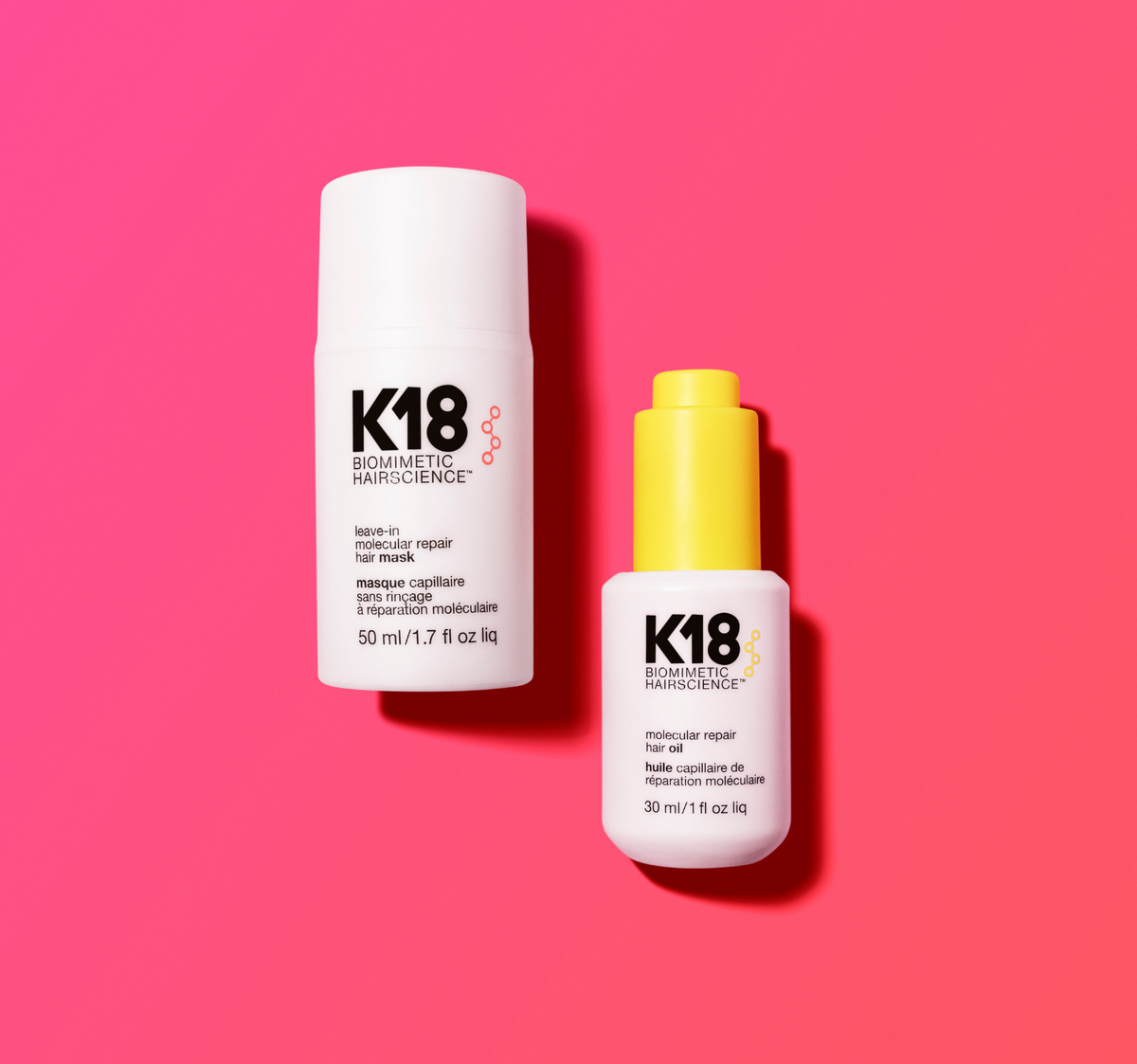Hair texture changes as our hair ages, and so does its color—let’s dive into the hair follicle science behind graying hair.
Short on time? Here’s the scientific gist of it. Hair graying is a natural process that occurs as we age. It’s caused by the loss of melanin due to oxidative damage during melanin production, and stem cell loss in hair follicles. This melanin loss also impacts hair texture and strength.
got time? here’s the deeper dive.
Gray hair is a common phenomenon; 74% of people between the ages of 45 and 65 have gray hair. Let's explore the factors behind graying, delving into the biology of hair follicles—the mini-organs responsible for hair production.
why does gray hair happen?
Graying occurs as your hair loses melanin, the pigment that determines hair color. The type, size, and amount of melanin in each fiber gives your hair its color. Hair grows out of tiny organs in your scalp called hair follicles; these follicles contain specialized cells called melanocytes, which are the cell factories responsible for producing melanin. The process of melanin production in these cells is called melanogenesis and happens continuously throughout your life as your hair grows.
Inside the follicle, there are also melanocyte stem cells: self-renewing cells that develop into melanocyte cells, providing the follicle with a steady supply of healthy cells able to produce plenty of melanin. Over time, melanocytes become less active, producing less melanin pigment and causing hair to appear gray. White hair has no melanin, while gray hair may have some sporadic pigmentation. Fun fact: keratin protein is actually a pale yellow color, which appears white or gray due to reflection or refraction of light. Hair that appears gray may also be from the mix of white and pigmented strands on the head, too.

why does hair lose melanin?
Hair goes gray due to oxidative damage during melanin production. In a past Science Sunday, we discussed how ultraviolet radiation (UV), a type of energy emitted by the sun, causes oxidative reactions that generate free radicals and reactive oxygen species (ROS) in the hair shaft. These are highly reactive molecules that degrade, or break down, the lipids and proteins in your hair.
The chemistry of melanin production naturally includes oxidative reactions that produce free radicals and ROS. Since melanin is produced continuously throughout your life, this causes cumulative damage and stress to hair follicle melanocytes, causing them to die over time. This oxidative damage is called oxidative stress. As melanocyte cells die, melanin production decreases, causing hair to go gray.

Your hair follicle has natural defense mechanisms, including anti-oxidative enzymes and non-enzymatic antioxidant molecules, to protect against oxidative stress. However, as you age, these defense mechanisms decrease their activity, causing increased oxidative damage to melanocytes. Oxidative stress can also lead to changes in the expression of the genes that control hair growth and melanin production, which can further explain why melanin production changes with age.
Another explanation for hair graying is stem cell loss in the hair follicle. Over time, the stem cells that are responsible for producing melanocytes lose their self-regenerating abilities, decreasing the production of melanin-producing melanocyte cells and leading to gray hair. Certain factors like smoking, alcohol consumption, chronic disease, high stress, and genetic predisposition can increase your likelihood of premature hair graying.
hair texture changes too
As hair goes gray, it becomes thinner, less dense, and grows more slowly. The strength of your hair decreases and your hair becomes more prone to breakage. This is partly due to the loss of melanin from your hair, since melanin naturally provides photoprotection—AKA defense against ultraviolet (UV) radiation. Melanin blocks free radicals and absorbs and filters harmful UV radiation to lessen damage to hair’s structure. Since gray hair lacks melanin, this photoprotection is diminished, allowing ultraviolet radiation to cause damage to all layers of your hair, weakening its strength and elasticity.
Now you know the inner works of the hair follicle, and how outside elements can contribute to accelerated graying. Stay tuned to learn how to treat graying hair on the blog.



